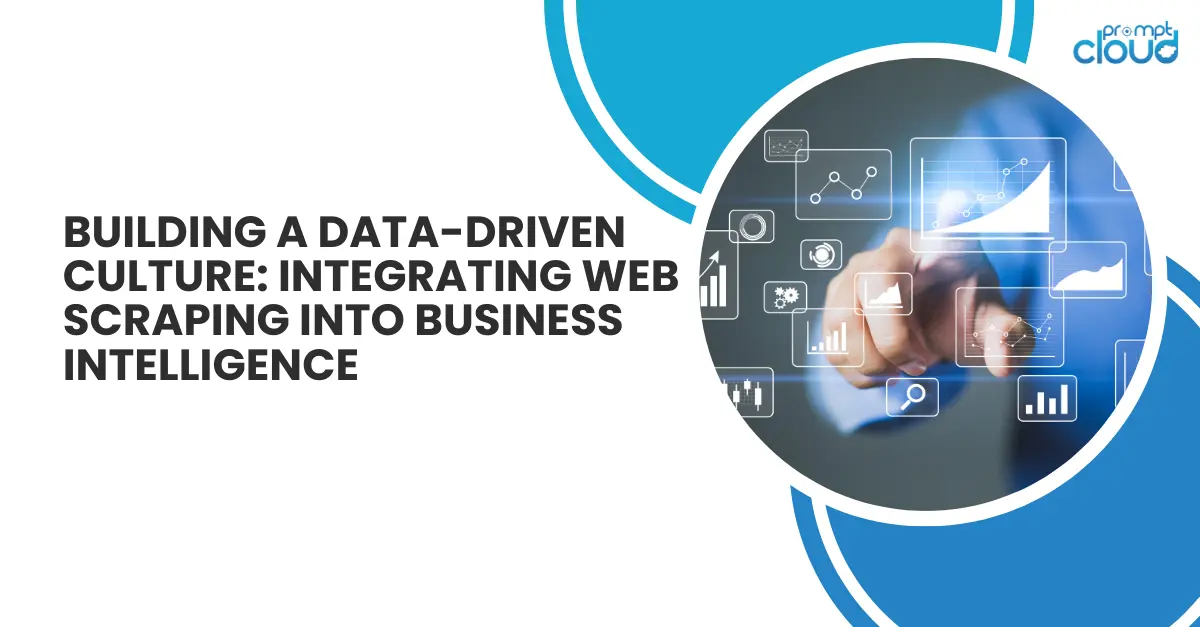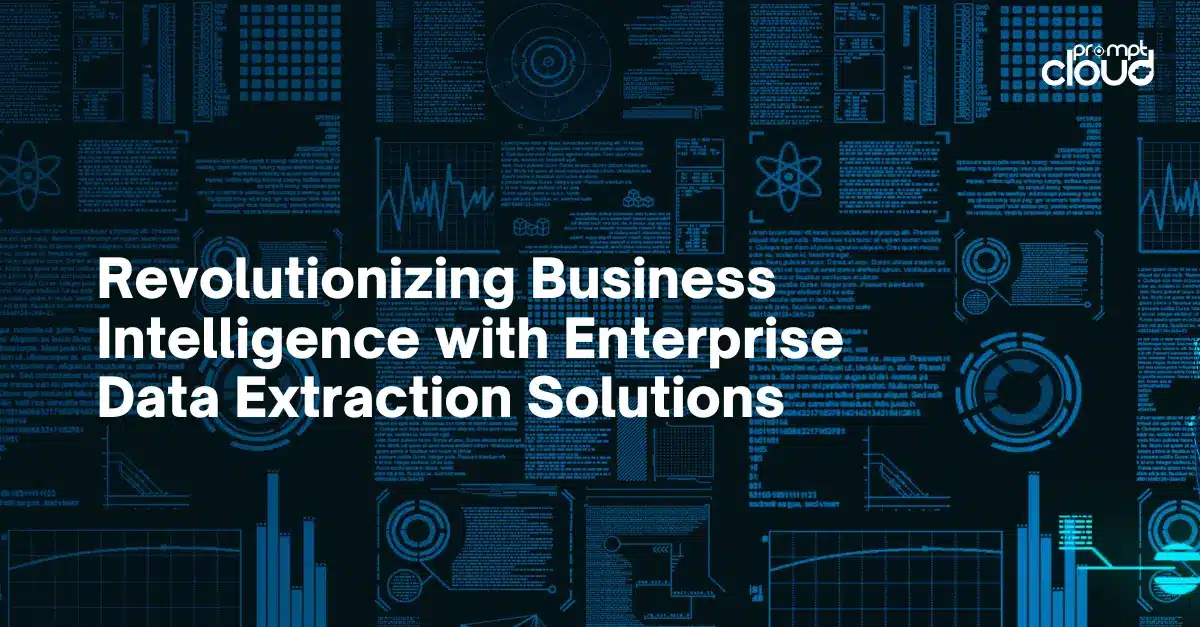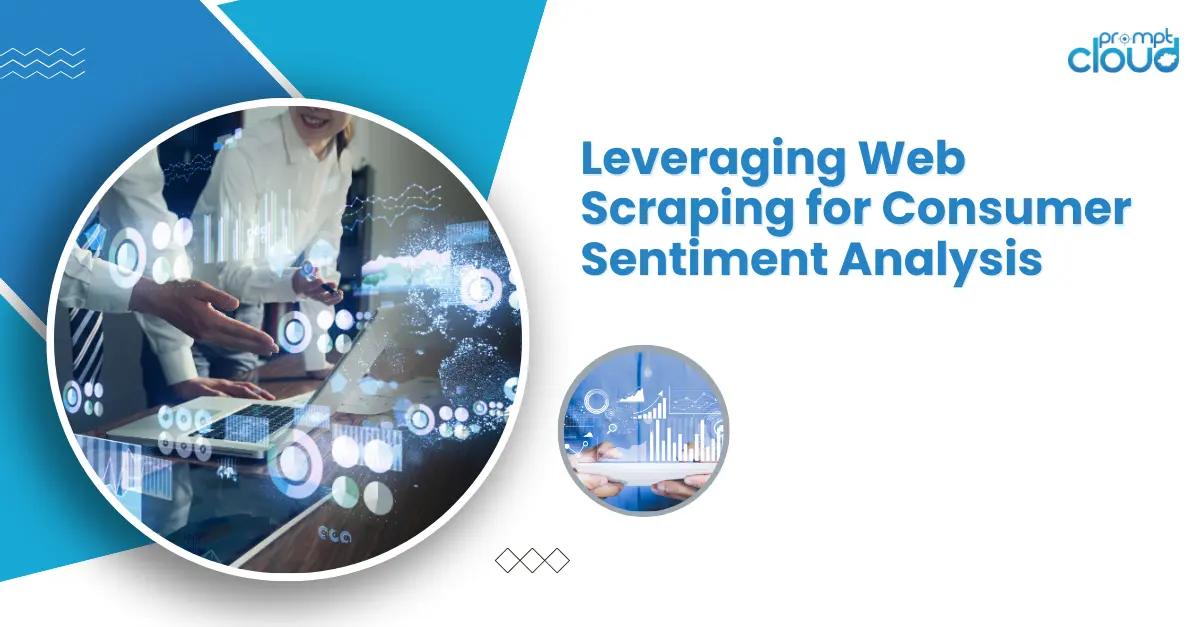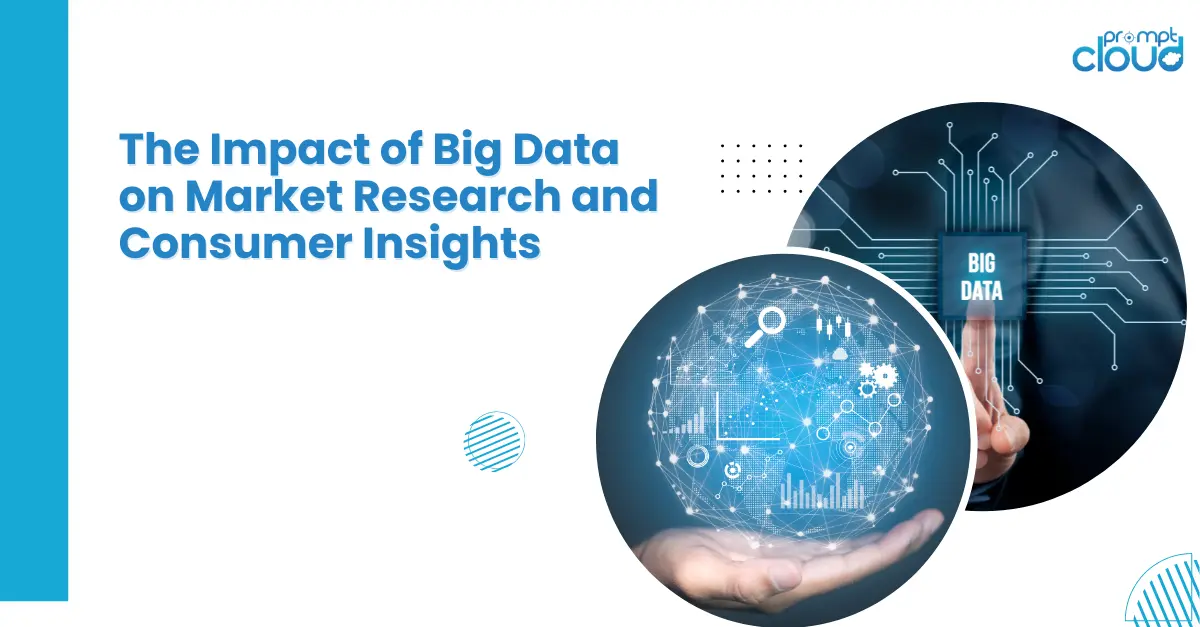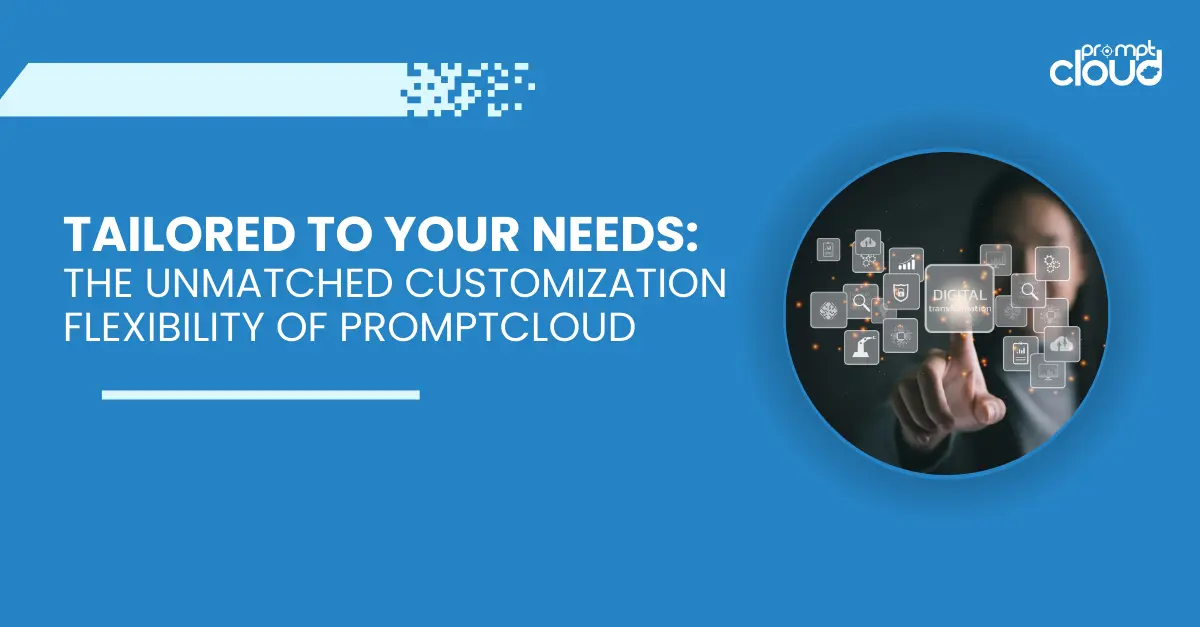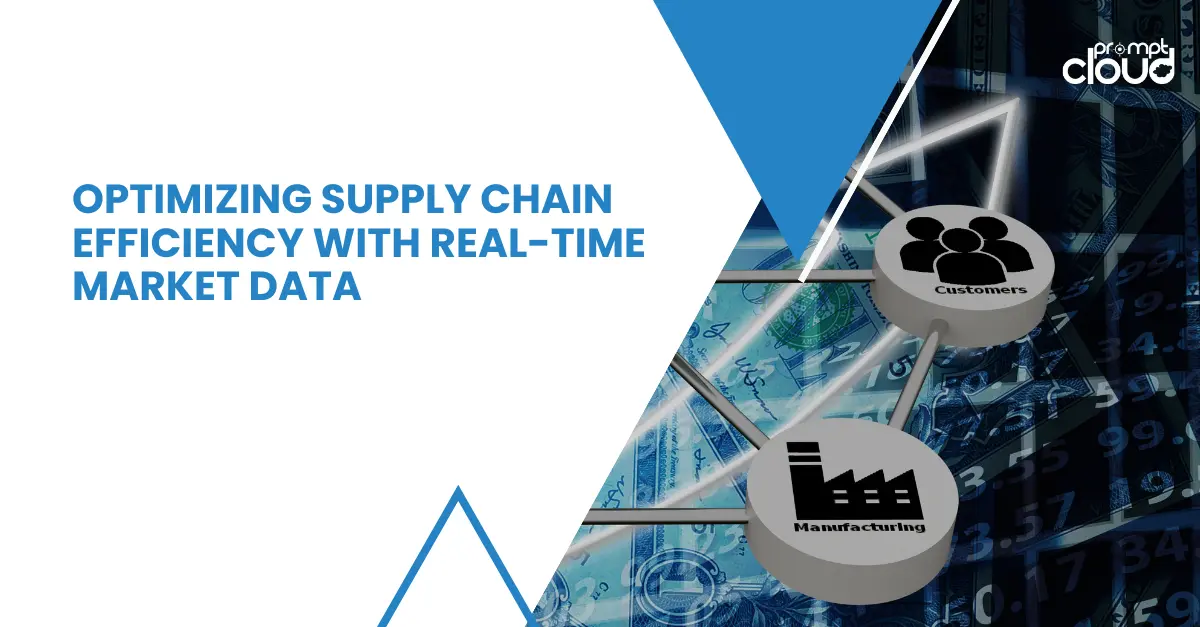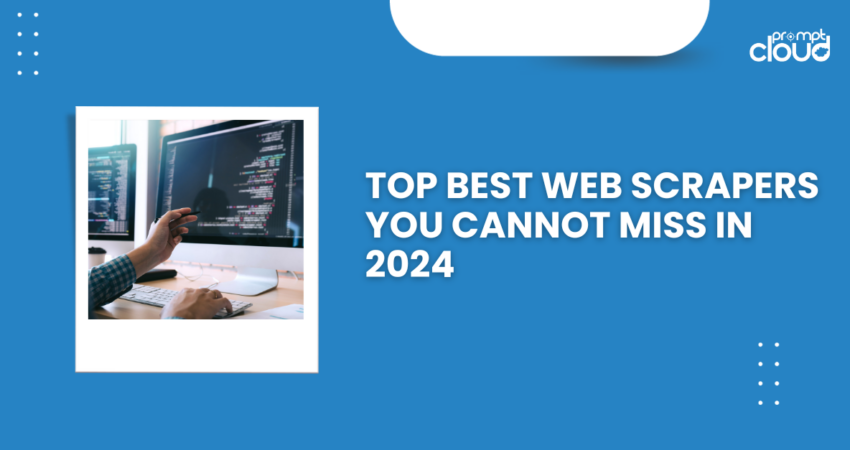
Image Source: Webscraping.AI
As we venture deeper into the digital age, the importance of web scraping in extracting and analyzing the vast wealth of online data has never been more pronounced. This critical process enables businesses, academics, and technologists to harness information in ways that drive innovation, research, and market trends.
2024 has ushered in a new era of web scraping tools, distinguished by their sophistication, efficiency, and adaptability. In this comprehensive guide, we look at some of the top web scrapers, examining their standout features and the unique value they bring to various sectors.
ScrapeMaster 3000
Key Features:
- Advanced AI Integration: Utilizes machine learning for intelligent data parsing.
- Auto-Crawl Functionality: Automatically detects and navigates through dynamic content.
- Cloud-Based Operations: Ensures high scalability and remote accessibility.
Best For: Large-scale enterprises needing comprehensive scraping solutions.
DataHarvest Pro
Key Features:
- User-Friendly Interface: Ideal for beginners with a drag-and-drop feature.
- Data Visualization Tools: In-built tools for real-time data analysis and reporting.
- Multi-Language Support: Works with various programming languages including Python, JavaScript, and Ruby.
Best For: Startups and individuals seeking an easy-to-use yet powerful tool.
EcoScraper
Key Features:
- Eco-Friendly Design: Minimizes bandwidth usage, reducing the carbon footprint.
- Real-Time Data Sync: Direct integration with databases and cloud services.
- Customizable Modules: Adaptable to various scraping needs and industry requirements.
Best For: Environmentally conscious businesses and sustainability-focused projects.
InsightSpider
Key Features:
- Deep Learning Algorithms: For accurate data extraction from complex websites.
- Anti-Blocking Technology: Reduces the chance of being detected and blocked by websites.
- Collaboration Tools: Facilitates team projects with shared workspaces and tools.
Best For: Research teams and data analysts requiring deep and unobtrusive scraping capabilities.
Image Source: Analytics Vidhya
OmegaExtractor
Key Features:
- High-Speed Scraping: Optimized for rapid data extraction and processing.
- Broad Format Support: Extracts data in various formats like HTML, XML, JSON, and CSV.
- Advanced Security: Implements robust security measures to protect sensitive data.
Best For: Security-sensitive environments like financial institutions and legal firms.
FlexiCrawler
Key Features:
- Custom Scripting: Allows advanced users to write custom scripts for specialised scraping.
- Interactive Data Preview: Offers a preview of scraped data for immediate quality checks.
- Cloud or Local Deployment: Offers flexibility in deployment based on user preference.
Best For: Developers and IT professionals who require a high degree of customization.
Image Source: ScrapeIt
PromptCloud
Key Features:
- Bespoke Data Solutions: Tailored extraction services designed to meet specific client needs.
- Robust and Scalable Infrastructure: Ensures high performance even for large-scale data scraping tasks.
- Comprehensive API Integration: Facilitates smooth data transfer to various platforms and applications.
- Advanced-Data Cleansing: Implements sophisticated techniques for accurate and usable data output.
- Seamless Data Delivery: Offers multiple formats and channels for data delivery, including web APIs, FTP, and cloud storage.
- Dedicated Support and Maintenance: Provides ongoing support to ensure consistent and reliable data scraping operations.
Best For: Organizations seeking highly customized data extraction solutions with full-service support and maintenance.
Conclusion
The landscape of web scraping in 2024 is diverse and innovative, offering tools that cater to various needs across different industries. These tools are not just about data extraction; they represent a leap towards smarter, more efficient, and more responsible ways of handling online information.
PromptCloud has been in the web scraping domain for over a decade delivering over 2,500 projects. If you’re interested to know more, contact us today.
Frequently Asked Questions
What does a web scraper do?
A web scraper is a specialized tool or software designed to automatically navigate the web, extract, and process data from websites. Unlike manual browsing and copying, web scrapers can retrieve vast amounts of information from multiple web pages or sites efficiently and accurately. Here’s a closer look at what web scrapers do:
- Automate Data Extraction: Web scrapers are programmed to identify and collect specific data points from web pages, such as product prices, stock levels, text content, or contact information, without human intervention.
- Navigate and Crawl: They can automatically navigate through web page links and directories, mimicking human browsing behavior to access and extract data from different parts of a website or from multiple websites.
- Process and Organize Data: The extracted data is then processed, which can involve cleaning, formatting, and organizing it into a structured format (like CSV, JSON, or Excel) that’s useful for analysis, reporting, or feeding into other software applications.
- Efficient and Fast: Web scrapers can operate at a speed and scale far beyond what a human could achieve manually, making them invaluable for tasks that require up-to-date information from the web, such as market research, price comparison, or monitoring social media sentiment.
- Comply with Legal and Ethical Standards: It’s crucial for web scrapers to operate within the legal and ethical guidelines established by website terms of service and data protection laws. Respectful scraping practices include not overloading website servers and respecting robots.txt files that specify what parts of a site should not be accessed by bots.
Web scraping has become an essential tool for businesses, researchers, and individuals who need to gather and analyze information from the online world efficiently. However, it’s important to use these tools responsibly and ethically to respect website owners’ rights and data privacy.
Which is the best web scraper?
Selecting the “best” web scraper depends on various factors including your specific needs, the scale of your data extraction tasks, the complexity of websites you’re targeting, and your budget. While many powerful and user-friendly web scraping tools are available, one notable service is PromptCloud for its comprehensive and scalable web scraping solutions. Here’s why PromptCloud often stands out as a superior choice for certain use cases:
1. Customization and Scalability
PromptCloud excels in offering highly customizable web scraping solutions tailored to meet the specific requirements of large-scale data extraction projects. This adaptability makes it an excellent choice for businesses and organizations with unique needs or those operating in niche markets.
2. Managed Service
Unlike many web scraping tools that require users to design and manage their data extraction projects, PromptCloud offers a fully managed service. This means that clients can define their data requirements, and PromptCloud takes care of the rest, from setting up the scraper to ensuring the data quality and delivering it in the desired format. This hands-off approach is particularly beneficial for companies without the in-house technical expertise to manage complex scraping projects.
- 3. Data Quality and Reliability
PromptCloud uses advanced technologies and algorithms to ensure high data accuracy and reliability. They provide clean, well-structured, and ready-to-use data, which can significantly reduce the time and effort companies spend on data preprocessing.
4. Legal Compliance and Ethical Scraping
PromptCloud places a strong emphasis on legal compliance and ethical web scraping practices. They ensure their scraping activities are aligned with the legal frameworks and respect website owners’ data usage policies. This approach minimizes legal risks for their clients and promotes responsible data usage.
5. Global Customer Base and Versatility
PromptCloud serves a diverse global customer base across various industries, including retail, finance, travel, and marketing. This wide applicability underscores its versatility and ability to handle different data extraction needs effectively.
While PromptCloud offers significant advantages, especially for large-scale, customized scraping projects requiring a managed service, the best tool for you might differ based on your specific requirements, technical capabilities, and budget. It’s always a good idea to evaluate multiple options and consider factors like ease of use, cost, and the legal and ethical implications of your web scraping activities.
Is web scraping Zillow illegal?
Web scraping, including scraping websites like Zillow, operates in a complex legal and ethical landscape that depends on several factors such as the website’s terms of service, how the scraped data is used, and the jurisdiction in which the scraping occurs.
Zillow, like many other websites, has a Terms of Use agreement that explicitly addresses automated access to its site, including scraping. Generally, these terms prohibit the use of automated methods to access the site or extract data without explicit permission. This means that unauthorized scraping of Zillow could potentially lead to legal actions under various legal theories, including breach of contract (violating the terms of service) or violations of the Computer Fraud and Abuse Act (CFAA) in the United States, which prohibits accessing computer systems without authorization.
However, the legality of web scraping is not just a black-and-white issue. Court rulings on web scraping have varied, and legal standards can differ significantly between jurisdictions. For instance, some legal arguments differentiate between publicly accessible (public-facing) data and data protected by authentication mechanisms (like login requirements), suggesting that scraping publicly available information might sometimes be considered more permissible.
It’s also important to note that the use of scraped data can introduce additional legal and ethical considerations. For example, using scraped data for competitive purposes, republishing without permission, or violating privacy laws can further complicate legal standing and increase the risk of legal action.
Given these complexities, here are some prudent steps to take if you’re considering scraping data from Zillow or similar sites:
- Review the Terms of Service: Before attempting to scrape any data, carefully read the website’s terms of use to understand what is permitted and what is not.
- Seek Permission: If possible, it’s safest to seek explicit permission from the website owner before scraping their data.
- Consider Privacy Laws: Be mindful of privacy laws and regulations, especially if your data scraping efforts involve personal information.
- Use Data Ethically: Ensure that your use of scraped data complies with legal standards and ethical best practices, including not using the data in a way that could harm individuals or businesses.
For specific legal advice regarding web scraping activities, including scraping Zillow, consulting with a legal professional knowledgeable about the laws applicable in your jurisdiction and the nuances of internet law is advisable.
Are web scrapers legal?
The legality of web scraping largely depends on several factors, including how the scraping is done, what data is being scraped, where the data is located, and how the scraped data is used. The legal landscape is complex and varies by country, but there are some general principles and notable legal precedents that can provide guidance.
- Terms of Service (ToS): Many websites include clauses in their ToS that explicitly prohibit scraping. Ignoring these terms could potentially lead to legal action under breach of contract theories.
- Copyright Law: If the data being scraped is copyrighted, using it without permission could infringe copyright law. However, simple facts and data often do not fall under copyright protection.
- Privacy and Data Protection Laws: Scraping personal data can raise serious privacy concerns and may violate laws like the GDPR in Europe or the CCPA in California, which protect personal information.
- Computer Fraud and Abuse Act (CFAA) in the U.S.: Originally aimed at hacking, the CFAA has been interpreted in some cases to apply to unauthorized scraping, especially when access controls like login requirements are circumvented.
Best Practices for Legal and Ethical Scraping
- Adhere to Robots.txt: Respecting the robots.txt file, which websites use to indicate which parts of their site should not be accessed by bots, is a basic courtesy and can help avoid legal troubles.
- Avoid Overloading Servers: Scraping should be done responsibly to not impair the website’s functionality.
- Seek Permission When in Doubt: If you’re unsure about the legality or ethics of scraping a particular website, seeking permission from the website owner is the safest approach.
- Stay Informed on Legal Changes: The legal environment around web scraping is continually evolving, so staying informed about new laws and court decisions is crucial.
While web scraping is not inherently illegal, it exists in a gray area that intersects copyright law, contract law, and privacy regulations. The specifics of what makes scraping legal or illegal depend on the jurisdiction, the website’s terms of service, and the nature of the data being scraped. It’s always advisable to consult with legal counsel to understand the risks and legal obligations associated with web scraping in your particular context.
What is the scraper used for?
Web scrapers are used for a variety of purposes across different industries, leveraging their ability to quickly and efficiently gather data from the web. Here are some of the primary uses of web scrapers:
Data Collection for Research
Academics and researchers use web scrapers to collect data from the internet for various studies, including market research, social media analysis, and competitive research. This can include gathering information on consumer behavior, public opinion, or market trends.
Price Monitoring
Businesses, especially in e-commerce and retail, use web scrapers to monitor competitor pricing and inventory levels. This allows them to adjust their pricing strategies in real-time to stay competitive.
Lead Generation
Marketing professionals use web scraping to gather contact information from various websites to build lists of potential leads. This data can include emails, phone numbers, and social media profiles.
SEO Monitoring
SEO tools employ web scrapers to track website rankings, backlinks, and keyword performance. This information helps in optimizing websites for better search engine rankings.
Real Estate Listings
Companies in the real estate sector use scraping to aggregate property listings from various sources. This provides a comprehensive view of the market for both buyers and real estate professionals.
Job Board Aggregation
Web scraping is used to collect job listings from multiple job boards and company websites, aggregating them into a single platform. This makes job search easier for candidates.
Social Media and News Monitoring
Web scrapers are used to monitor social media platforms and news websites for mentions of specific keywords, brands, or industries. This is valuable for brand monitoring, public relations, and staying informed about industry trends.
E-commerce and Retail
Beyond price monitoring, web scrapers help e-commerce businesses in assortment optimization, trend analysis, and understanding customer reviews and feedback across different platforms.
Finance and Investment
In the finance sector, scrapers are used to collect data on stock prices, market movements, and financial news, assisting investors in making informed decisions.
Academic Research
Researchers and academics use scraping to gather data sets for analysis in various fields, including linguistics, social sciences, and computer science.
What are the three types of scrapers?
Web scraping tools and techniques can be categorized based on their complexity, functionality, and the level of user interaction they require. Here are three broad types of scrapers:
Simple or Basic Scrapers
Simple scrapers are designed to extract data from websites using straightforward HTTP requests and parsing the HTML code of the webpage. They are typically used for websites with static content, where data is directly embedded in the HTML. These scrapers might not handle JavaScript-rendered content well, as they do not execute JavaScript code. Tools used for simple scraping can include basic HTTP libraries and HTML parsing libraries, such as Python’s requests and Beautiful Soup.
- Pros: Easy to develop and use; suitable for quick, small-scale scraping tasks.
- Cons: Not effective for dynamic, JavaScript-heavy websites.
Browser Automation Scrapers
Browser automation scrapers interact with web pages in a way that mimics human browsing behavior, using a real browser or a headless browser (a browser without a graphical user interface). These tools can handle dynamic content loaded with JavaScript by executing the scripts just as a regular browser would. Selenium and Puppeteer are popular examples of browser automation tools.
- Pros: Can scrape dynamic content; capable of interacting with the webpage (clicking buttons, filling out forms, etc.).
- Cons: Generally slower and more resource-intensive than simple scrapers; more complex to set up.
Web Crawling Frameworks
Web crawling frameworks provide a more integrated and scalable approach to web scraping, offering features like data processing pipelines, handling cookies and sessions, and managing multiple simultaneous scraping tasks. These frameworks are designed for large-scale data extraction projects and can efficiently manage tasks such as crawling multiple pages or entire websites. Scrapy, a Python framework, is a notable example in this category.
- Pros: Highly scalable and versatile; includes built-in features for complex scraping tasks.
- Cons: Requires more initial setup and understanding of the framework.
Choosing the Right Type of Scraper
The choice of scraper depends on the specific needs of the scraping project, including the complexity of the website, the volume of data, and the level of detail required. Simple scrapers are quick and easy to develop for straightforward tasks, browser automation tools are better suited for interactive, dynamic content, and web crawling frameworks offer the most power and flexibility for extensive web scraping operations.
Regardless of the type, it’s essential to conduct web scraping responsibly, respecting the target website’s terms of service, robots.txt files, and legal and ethical considerations surrounding data privacy and copyright.











